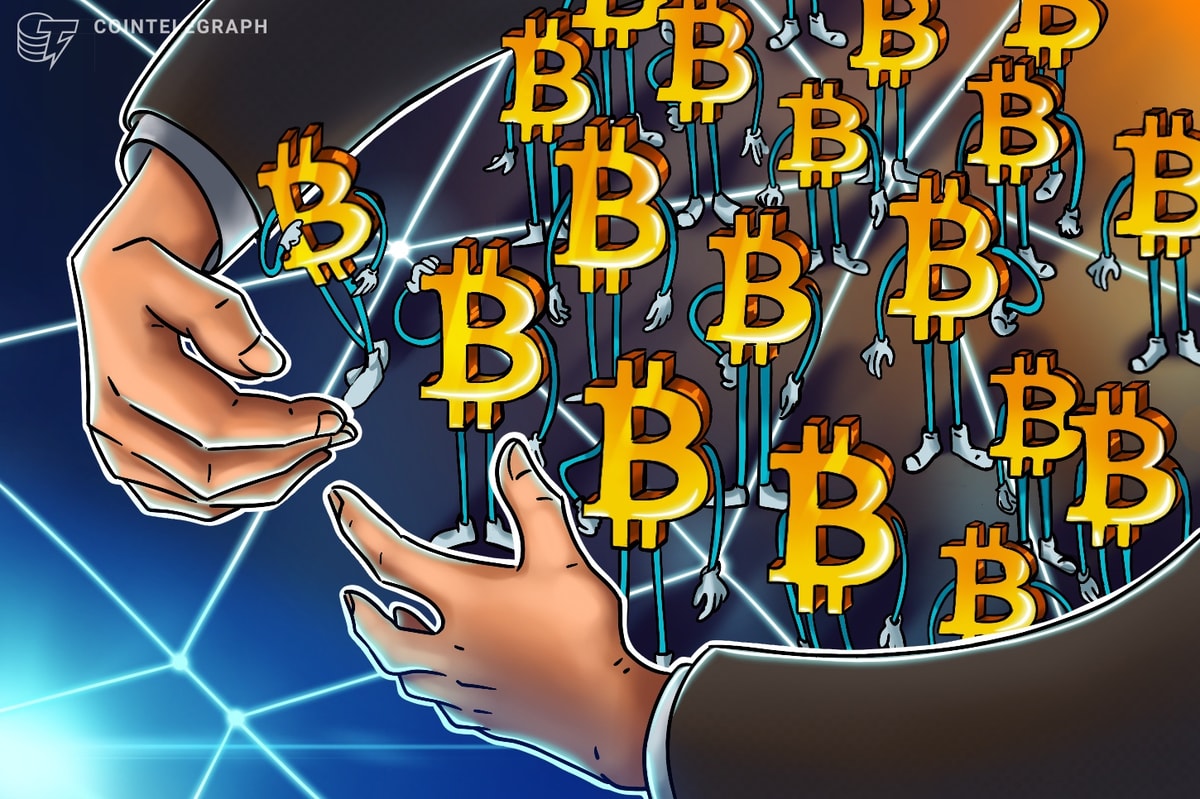WikiLeaks Shop, the merchandise arm of international anonymous publishing non profit WikiLeaks, reported on Twitter Friday, April 20, that their account with crypto wallet and exchange Coinbase has been blocked.
ANNOUNCE: Coinbase has blocked the official @WikiLeaks shop from its platform without notice or explanation. You can continue to donate #Bitcoin to WikiLeaks at https://t.co/lvhoyhlqUa. #Coinbase #DefendWL #Cryptocurrency #Ethereum #BitcoinCash #ReconnectJulian pic.twitter.com/4BSS023OOk
— WikiLeaks Shop (@WikiLeaksShop) April 21, 2018
WikiLeaks Shop’s tweet contains a screen grab from an alleged email from Coinbase that states the organization violated their Terms of Service and therefore “can no longer [receive] access to [their] service.” Coinbase has not responded to a requests for comments on the specifics of WikiLeaks Shop’s violation by press time.
All proceeds of the shop go to WikiLeaks operations, and customers can pay in Bitcoin, Litecoin, Bitcoin Cash, Dash, Dogecoin, Ethereum, Neo, Namecoin, Vertcoin, Monero and ZCash through Coinpayments.net.
The official WikiLeaks Twitter posted a call for a “global blockade” of Coinbase in response to the block:
WikiLeaks will call for a global blockade of Coinbase next week as an unfit member of the crypto community. Coinbase, a large Californian Bitcoin processor, responding to a concealed influence, has blocked the entirely harmless @WikiLeaksShop in a decision approved by management. https://t.co/PAldF8b12P
— WikiLeaks (@wikileaks) April 21, 2018
Bitcoin (BTC) advocate Andreas M. Antonopoulos tweeted that Coinbase has “repeated history,” as Bitcoin has played an important role for WikiLeaks from the time when the non profit was legally unable to use traditional banking systems:
We have come full circle. Many people's interest in bitcoin started when Wikileaks was out under an extra judicial embargo by VISA, MC, PayPal and banks. Now Coinbase has repeated history. Oops. https://t.co/b8HQkoOwyQ
— Andreas M. Antonopoulos (@aantonop) April 21, 2018
Last fall, WikiLeaks leader Julian Assange publicly thanked the US government on Twitter for forcing the organization to rely on Bitcoin due to the banking embargo, giving WikiLeaks a 50,000 percent return. Assange also urged WikiLeaks donors to use cryptocurrencies for their donations as a way to avoid this financial blockade. The WikiLeaks website accepts Bitcoin, Litecoin, Monero, and ZCash for donations.
Antonopoulos added in a comment to his tweet that this embargo by Coinbase is unlike the first in that it is “purely symbolic,” as there are other crypto wallets out there, but that the “symbolism is a pretty poignant reminder of what centralization and banking regulations mean.”








